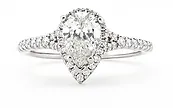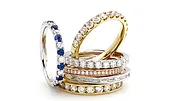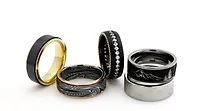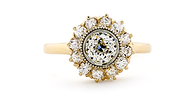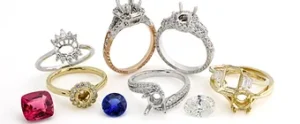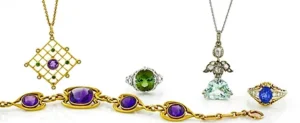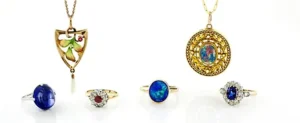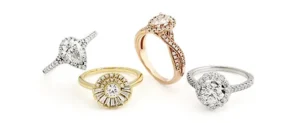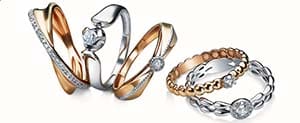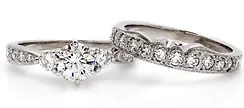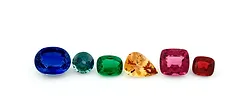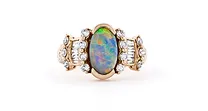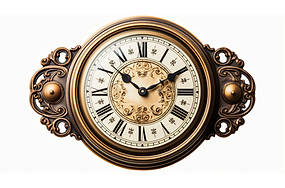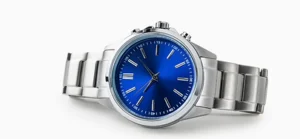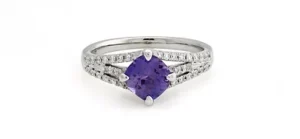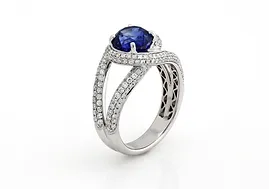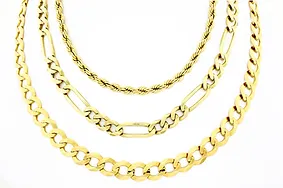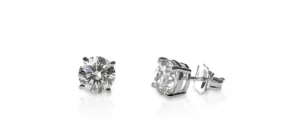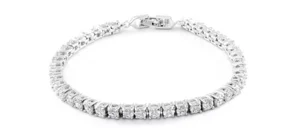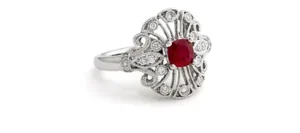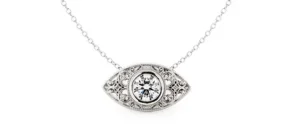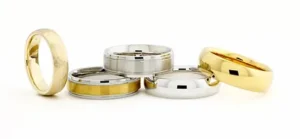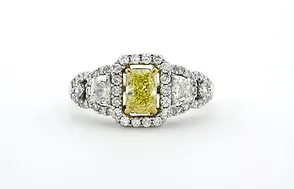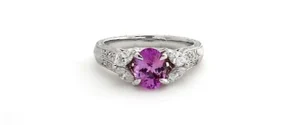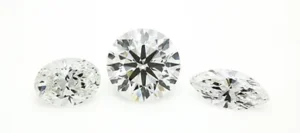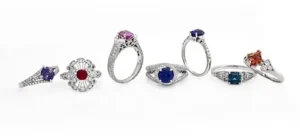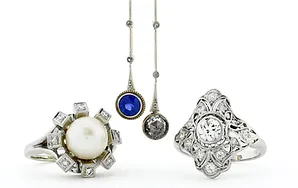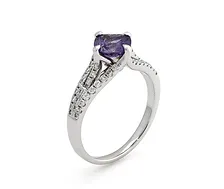Owning undocumented jewelry is more common than many people realize. You may inherit a ring from a family member, purchase a vintage necklace at an estate sale, or receive a gift without paperwork. While the jewelry may hold sentimental value, the lack of certificates, receipts, or appraisals often creates confusion when it comes to authenticity, insurance, and resale value.
If you’re asking yourself “What do I do if my jewelry has no documentation?”, you’re not alone. Here’s how to protect your investment and ensure you know exactly what you own.
Why Jewelry Documentation Is Important
Documentation, whether it’s a certificate of authenticity, appraisal, or receipt, provides evidence of a piece’s materials, craftsmanship, and value. Without it, you could face challenges such as:
- Proving whether gemstones are natural, lab-created, or imitation
- Establishing the metal purity of gold, platinum, or silver
- Determining a fair resale price
- Securing insurance coverage or replacement value
- Convincing buyers or heirs of the jewelry’s worth
While missing paperwork may feel like a setback, there are professional steps you can take to fill in the gaps.
Step 1: Have Your Jewelry Professionally Appraised
An appraisal is the starting point for undocumented jewelry. A certified jewelry appraiser will carefully evaluate:
- Gemstone authenticity and quality
- Metal type and purity (such as 14k vs. 18k gold)
- Brand markings or serial numbers
- Overall craftsmanship and condition
The appraiser will then provide a written report with an estimated value. This report is recognized by insurers, jewelers, and resale platforms. Learn more about our jewelry appraisal process.
Where to Find an Appraiser
- Gemological Institute of America (GIA)
- American Gem Society (AGS)
- National Association of Jewelry Appraisers (NAJA)
Tip: Choose an appraiser who is independent and not also a buyer. This ensures an unbiased valuation.
Step 2: Obtain a Laboratory Certification
If your jewelry contains diamonds, sapphires, emeralds, or other precious stones, consider sending them to a gemological laboratory for testing and certification.
Reputable Gem Labs
- GIA (Gemological Institute of America)
- IGI (International Gemological Institute)
- AGS (American Gem Society)
These labs issue certificates verifying gemstone authenticity, cut, clarity, color, and carat weight. This step adds significant credibility when reselling or insuring jewelry.
Step 3: Build Your Own Jewelry Records
Even without original documentation, you can create a record that adds legitimacy and value:
- Photograph the piece from multiple angles
- Record any hallmarks, engravings, or serial numbers
- Save copies of appraisals, certifications, and repair receipts
- Keep a written ownership history (especially for inherited pieces)
Future heirs or buyers will feel more confident if you’ve taken the time to maintain detailed records.
Step 4: Explore Resale Options for Jewelry Without Documentation
If your goal is to sell undocumented jewelry, the right strategy makes a big difference.
Common Resale Options
- Pawnshops and gold buyers: Often pay the lowest prices due to uncertainty
- Jewelers and estate buyers: Usually require at least an appraisal
- Auction houses: May accept pieces with appraisals, especially if antique or branded
- Online platforms: Websites like Worthy or The RealReal favor sellers who provide certificates
To maximize resale value, pair a professional appraisal with a gem certification whenever possible.
Step 5: Protect Your Jewelry With Insurance
If you plan to keep the jewelry, consider insuring it. Many insurance companies accept an appraisal as proof of value, even if you don’t have original receipts. This protects against loss, theft, or damage.
Step 6: Avoid Common Mistakes
When dealing with undocumented jewelry, steer clear of these pitfalls:
- Selling without research: You may accept far less than the piece is worth
- Skipping certification: Buyers pay more when a gemstone’s authenticity is verified
- Assuming family stories are accurate: Heirlooms are often misidentified or misvalued
- Choosing the wrong buyer: Always compare offers from multiple sources
Real-Life Example: Inherited Jewelry Without Papers
Imagine inheriting a diamond ring from your grandmother. Without paperwork, you might assume it’s genuine and valuable. After an appraisal, you learn the diamond is natural, one carat, and set in 18k gold. A GIA certification confirms its quality. Suddenly, the ring goes from an uncertain heirloom to a clearly defined asset with both sentimental and financial worth.
How Much Does Jewelry Appraisal or Certification Cost?
Costs vary depending on the service:
- Jewelry appraisal: $50–$150 per item, depending on complexity
- Diamond certification (GIA, IGI, AGS): $75–$200+ per stone
- Insurance appraisal updates: Often less expensive than initial evaluations
These small investments can dramatically increase both confidence and resale value.
Making the Most of Jewelry Without Documentation
If your jewelry has no documentation, don’t panic. With the right steps—professional appraisal, certification, detailed records, and careful resale planning—you can still unlock its true value. Whether you plan to keep, insure, or sell, creating documentation today will protect both your investment and your peace of mind tomorrow.
Ready to discover the true value of your undocumented jewelry? Contact us today to schedule a professional appraisal and get the clarity you need.

